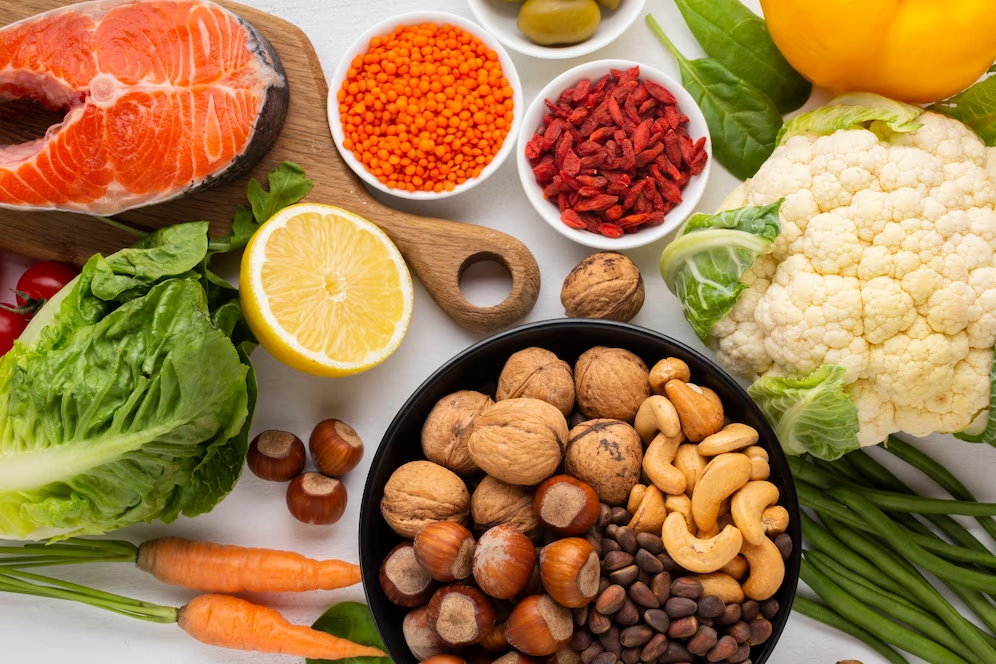High blood pressure is an increasingly serious health problem affecting people of almost all age groups. It has also been considered a major cause of heart diseases, such as heart attack and stroke. Health experts say that all people should keep trying to control blood pressure.

Health experts say that the risk of this disease has increased due to disturbances in lifestyle and diet, especially the excess of sodium in the diet is considered a major factor for high blood pressure. To avoid this, it is not only necessary to keep the diet right, but it also becomes necessary to improve the routine.
Health experts say that there are many side effects of excessive sodium, but potassium can be a great counterweight to it. Potassium is beneficial for everything from keeping blood pressure under control to reducing the risk of heart-related problems. You can easily get it from your daily diet.
Reduce sodium, increase potassium
According to the American Heart Association, reducing the amount of sodium in the diet and increasing the potassium can benefit you. The more potassium-rich foods you eat, the more sodium is excreted through your urine. In addition, potassium also helps reduce the tension in your blood vessel walls, which can further help lower blood pressure.
Adults with blood pressure above 120/80 mm Hg are advised to get daily potassium through diet, which may also protect them from the risk of heart disease.

Get potassium from the diet
The recommended daily intake of potassium is 3,400 mg for men and 2,600 mg for women aged 18-50, say health experts. Foods in the DASH diet, such as fruits, vegetables, low-fat foods, dairy products, and fish, are naturally high in potassium.
You can also meet the needs of this nutrient for the body by consuming bananas. A medium-sized banana contains about 226 mg of potassium, which is most beneficial for blood pressure patients.
What to consume for potassium
Dieticians say that potassium can be easily replenished from many things in the daily diet. It can be easily obtained from leafy vegetables, legumes, nuts, and dairy products. Avocados, along with dried fruits (raisins, apricots), lentils, potatoes, spinach, and broccoli, also help you easily meet your needs for this nutrient.
The increasing risk of heart disease will reduce
Health experts say that increasing the amount of potassium-rich foods in the diet can reduce the risk of many chronic diseases. It can also have benefits in protecting against the risk of increasing heart disease. However, keep in mind that consuming too much of it can also be harmful.

Too much potassium can also lead to nausea and vomiting, irregular pulse rate, breathing problems, and an increased risk of stomach problems. Therefore, it should be consumed in moderate quantities only.
(PC: Freepik)










